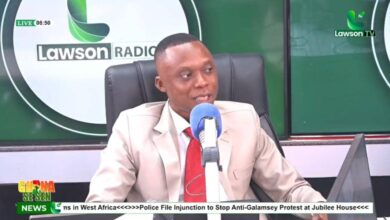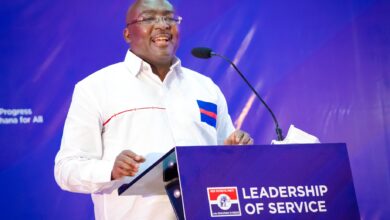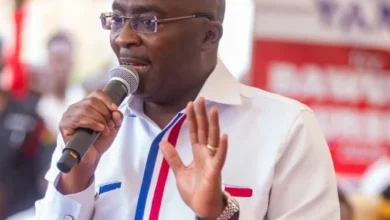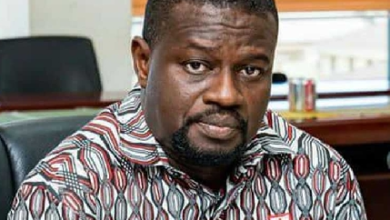Ghanaians Demand Continuity in Free SHS and Economic Change Ahead of 2024 Elections
85% of Ghanaians want the Free Senior High School initiative to continue
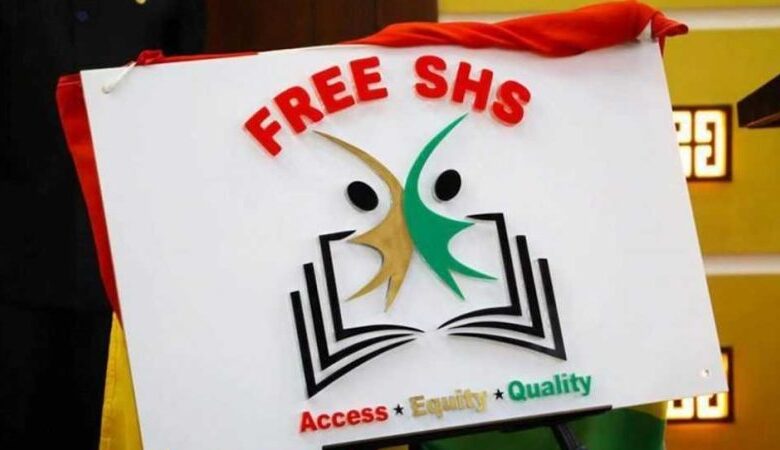
- Unemployment (41%) and infrastructure development (38%) are identified as the top priorities for the next government
- 82% of Ghanaians reported experiencing poverty
- 79% of Ghanaians favor abolishing the electronic transactions levy
As Ghana gears up for a pivotal election year, public sentiment is clear: a substantial 85% of citizens advocate for the continuation of the Free Senior High School (SHS) initiative, according to a latest Afrobarometer report.
Alongside this, strong support exists for other government programs, including Planting for Food and Jobs (81%), One District One Factory (71%), and One Village One Dam (60%).
Conversely, there is a significant pushback against the electronic transactions levy (E-levy), with 79% of respondents calling for its repeal.
When it comes to pressing issues, unemployment tops the list, with 41% of Ghanaians deeming it the most urgent challenge. Infrastructure development follows closely at 38%, and healthcare ranks third, cited by 33% as a primary concern. This reflects a public desire for concrete improvements in job creation, connectivity, and essential services.
The report also highlights a concerning trend in economic hardships: 82% of Ghanaians reported experiencing some form of poverty over the past year, a dramatic rise from just 19% in 2017. A significant portion—70%—indicated they had gone without a cash income at least once in the past year, and many are struggling to access basic necessities. Issues such as healthcare access (54%), water shortages (44%), food scarcity (44%), and cooking fuel availability (42%) were frequently reported.
Public dissatisfaction with the government’s direction is palpable, as less than half (45%) believe the economy will improve in the coming year. Economic performance ratings have sharply declined, reflecting widespread frustration over rising living costs and inadequate access to essential services.
As Ghana approaches the 2024 elections, these findings reveal a population eager for both the preservation of successful social initiatives and a transformation in economic policy to effectively tackle unemployment, infrastructure needs, and healthcare access. This dual demand will likely shape political discussions and influence voter decisions in the upcoming electoral season.


